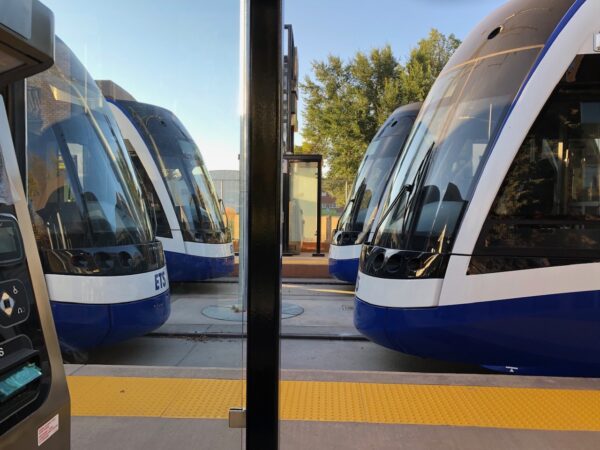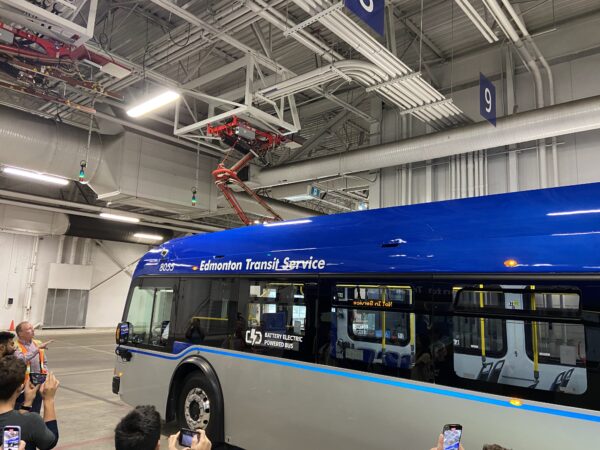PROJECT DESCRIPTION
The historical practices of transportation planning are known to be gender-neutral. Identifying the motives behind women’s travel behaviour works to inform equitable data collection methods, transportation planning, and public transit policy. However, systematic gender inclusion procedures, spanning from the hiring of professionals to the design or planning of systems and equipment, are yet to be widely identified or highlighted within the Canadian context.
This knowledge mobilization study, which was carried out in partnership with researchers at the University of Alberta, Polytechnique Montréal and transit planning industry advisors from Leading Mobility Consulting, revealed the majority of riders on public transit are women who tend to travel more often at off-peak times — mid afternoons, evenings and late at night — to trip-chain — making multiple stops on the same trip — and take shorter trips with the purpose of serving others.
The review of policy materials of 18 public transit systems from Canada’s eight largest metropolitan areas showed that many transit agencies are starting to seek a better understanding in how they plan and operate transit service for women.
Policy implications include a deeper investigation of women’s travel behaviour; exploring novel avenues for gender-based data collection; and increasing the number of women employed across all levels of the public transit sector.
This study was co-funded by the Social Sciences and Humanities Research Council and Infrastructure Canada through the Knowledge Synthesis Grants program: Mobility and Public Transit
Phase 2 of this work is coming!
Please get in touch with us if you are interested in learning more about Phase 2. We are seeking project partners (transit agencies, policy makers, and big data providers) – if you are interested – get in touch!
This work featured in the media






